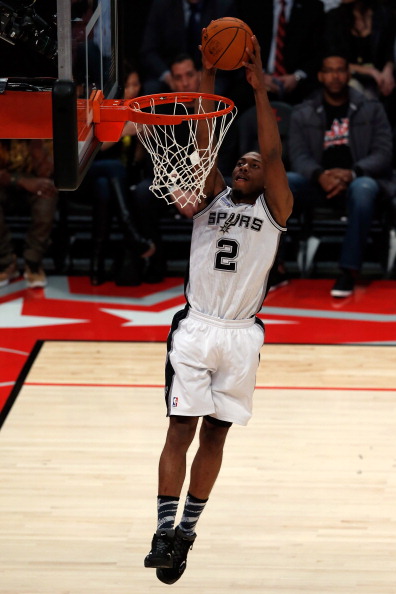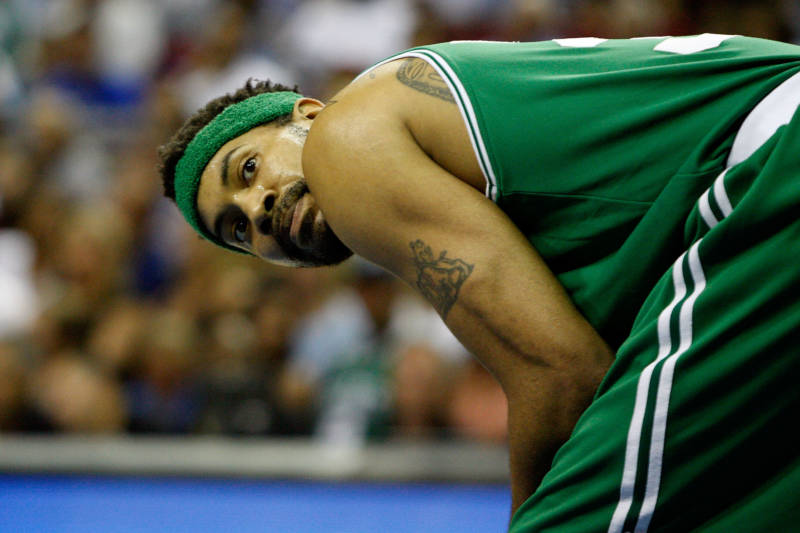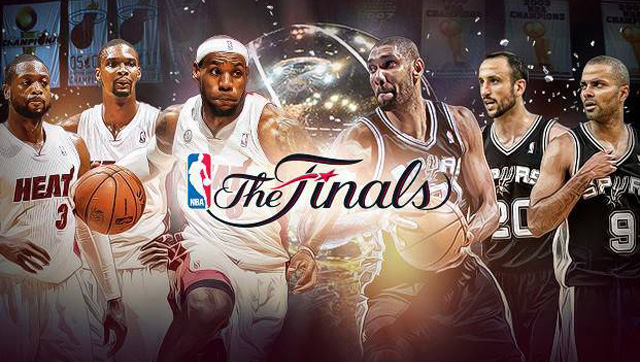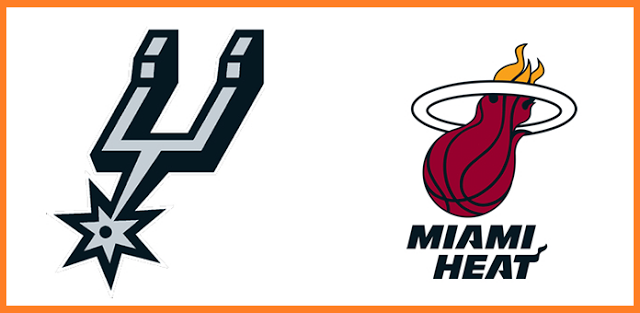I’m not a sports fan. I know very little about any of it. Yet, for over a decade now, I’ve had a love affair (albeit an uninformed, fickle one) with basketball and the NBA. It all began with Allen Iverson 12 years ago. Or maybe even before that, now that I think about it. My father, a former high school quarterback, watched sports avidly and enthusiastically throughout my childhood.
“What color uniform is your team wearing?” I’d ask when he watched a football or basketball game. I halfway paid attention to the meaningless formations, gestures and language of the men on the field and of those describing the game from above. There was an entire world there, one with its own rules, passions and meaning. Though I never got into any of it, I think its mystery and ubiquity struck some nerve. It was theater, dream and ceremony.

As I grew up I managed to play no sports, never attend a high school game and ignore professional games entirely as well. My elementary school gym teacher cried because I’m 5’11 and refused to play basketball. I briefly played intramural soccer in college because the cute filmmaking boys needed a token girl on their team in order to qualify. I wore a dress and almost made one goal. I’m trying to paint a picture here about how very non-sporty I am. But then something weird happened. In 2001, the Lakers and the 76ers were in the finals. I was living at home after college and repeating my childhood line of questioning toward my dad about which color uniform his favorite team was wearing and so on. His answer was that he wanted the 76ers to win (maybe they were the red team or the black/gray team? I can't remember). I became intrigued by the short player running around the court (Iverson at 6’1), and by the bizarre, grammatically questionable poetry of the announcers (“What a hesitation!” they’d yell, their voices full of passion--“From downtown,” they crowed triumphantly as the inexplicable phrase transformed the court into a city with a downtown I’d never visited or lived in). I was hooked. I liked rooting for the team not slated to win, learning the character arcs of the players and beginning to translate the drama unfolding on those late spring evenings as the finals transpired.

My dad, an early to bed, early to rise kind of person, often went to sleep before the end of the games. I took to drawing cartoons with summarizing captions to let him know what he'd missed. He loved them and year after year this became a tradition. I drew the face mask of Rip Hamilton and worried about his fragile nose every time he hit his face. I drew Rasheed Wallace, unable to control himself, earning technical after technical, charmed by his belligerent tantrums. I became entwined in the idiosyncrasies and personalities of both individual and group. Places where uncertainty arose I paraphrased to the best of my understanding. Various violations (3 second!, 24 second!) and defenses (zone!, suffocating!) were interpreted through my distracted, poetic, sensibilities. My dad read these basketball love letters and laughed uproariously. I was an archaeologist, trying very hard to decipher this new found land of "teardrops," fast breaks and men who shoot lights out.
I found myself telling people I liked basketball. Somehow the fast pace, geometry and poetry of the sport overtook me. I still didn’t know the rules (whatever a triple double is, or being in the paint, I couldn’t tell you). But I’d found my entry point. I was someone who cared about the nuance, the inconsequential details (Kawhi Leonard has a Porsche but he likes his Malibu more), the language, the dance, if not the outcome or stats or actual rules. I picked my teams based on the handsomeness or temperamental proclivity of the players. My interest picked up during the easier to keep track of semi-finals and finals.



